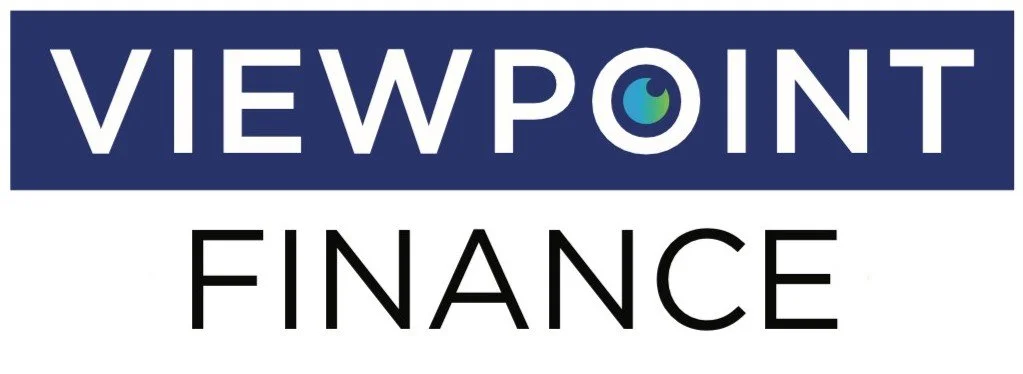Somebody's gonna do it, so it may as well be you...
/Much of my business lies in providing advisory services to organizations and their leaders, and sometimes taking on special projects or providing interim leadership. Over the years, I have noticed a couple of interesting and nearly universal themes.
First - the nature of my work is such that when an organization engages me, it is typically not because things are running smoothly. It’s usually because things have gone sideways (technical term). The cause is often multi-factorial and occurs in stages.
Second - More often than not, one or more of the causes are “difficult” decisions that were avoided altogether. The leadership team either lost objectivity and discipline around a question, got stuck in a state of denial, or just got used to the dysfunction. But, as a wise woman once told me, “By not making a decision, you are making a decision – and not the right one.”
One of the interesting things to me is how management deals with an issue when given objective feedback.
Some teams get on the same page immediately, as if they were just waiting for the right moment; these engagements are fun, because everyone is pulling in the same direction, it strengthens the group, and they can celebrate wins as a team.
Some teams, however, are too entrenched and just can’t see past their own short-term interests. Honestly, these engagements are often entertaining to a third-party (in the same uncomfortable way I used to find the TV show “COPS” entertaining), but are very difficult for the client team and have a much lower probability of success until leadership makes a couple of roster changes.
I was once hired to evaluate the finance organization of a distressed company by its Board of Directors and then, as a follow-up to my assessment, the Board asked me to mentor the first-time CFO, who was a battlefield promotion (had been Controller when the prior CFO was let go), and was struggling to be an island of effectiveness in a sea of ineffective managers. The Board had taken an increasingly active role in the company given the operational and leadership challenges, which is how I came to be involved.
In one of our sessions, the CFO and I discussed a minor but meaningful issue that the CFO had actually raised to the Board. The Board tasked the CFO with resolving the issue.
As we talked through the issue, the solution quickly became clear. The CFO knew it, and I knew it. But the solution would also be unpopular in some parts of the organization, including with the CEO, who was also a first-timer and struggling in some key areas.
The CFO couldn’t get past the immediate discomfort required to make the hard decision. “People around here don’t like to be told no, especially [CEO]; this could cost me my job.”
My feedback was direct - “Well, the Board asked you to fix the issue. So the way I see it, you have two options. Clean up this issue and [CEO] might fire you (an ill-advised decision he’d have to explain to the Board), or you can drag your feet, and I promise you the Board will fire you.”
“Either way, somebody’s going to fix the issue, so it may as well be you and not the person who replaces you.”
Remarkably, this CFO chose to avoid the short-term discomfort and gave in to the CEO rather than working together to help the CEO understand the situation and why the change was needed. That situation was the beginning of the end. The CFO had failed a pretty basic leadership test and cemented concerns about effectiveness, and didn’t make it through the quarter. The CFO’s successor addressed the issue quickly, and within a few months the CEO was also “made available to the market” after refusing to make a few more simple (but difficult) decisions. Once both executives were replaced with leaders who understood the messy work of making difficult decisions, the organization gradually stabilized.
Like in so many other aspects of life, sometimes we think we get stuck on a “hard” decision, when the decision is actually the easy part. The difficulty lies in the execution and managing the outcome. As a leader your paycheck depends on outcomes, and outcomes are driven by decisions and actions. You’ll have enough “hard” decisions. Don’t waste time and energy agonizing over the simple ones.

